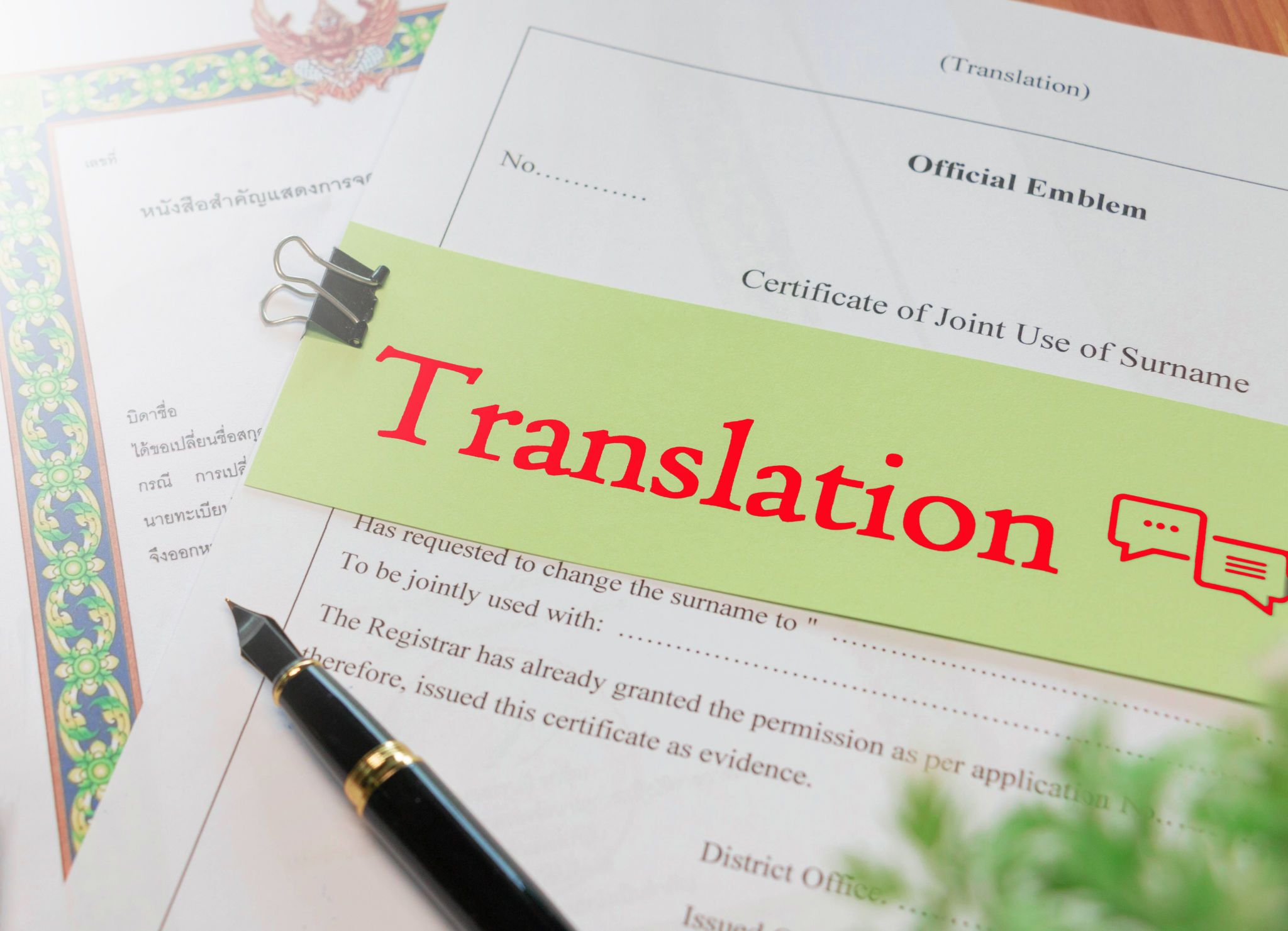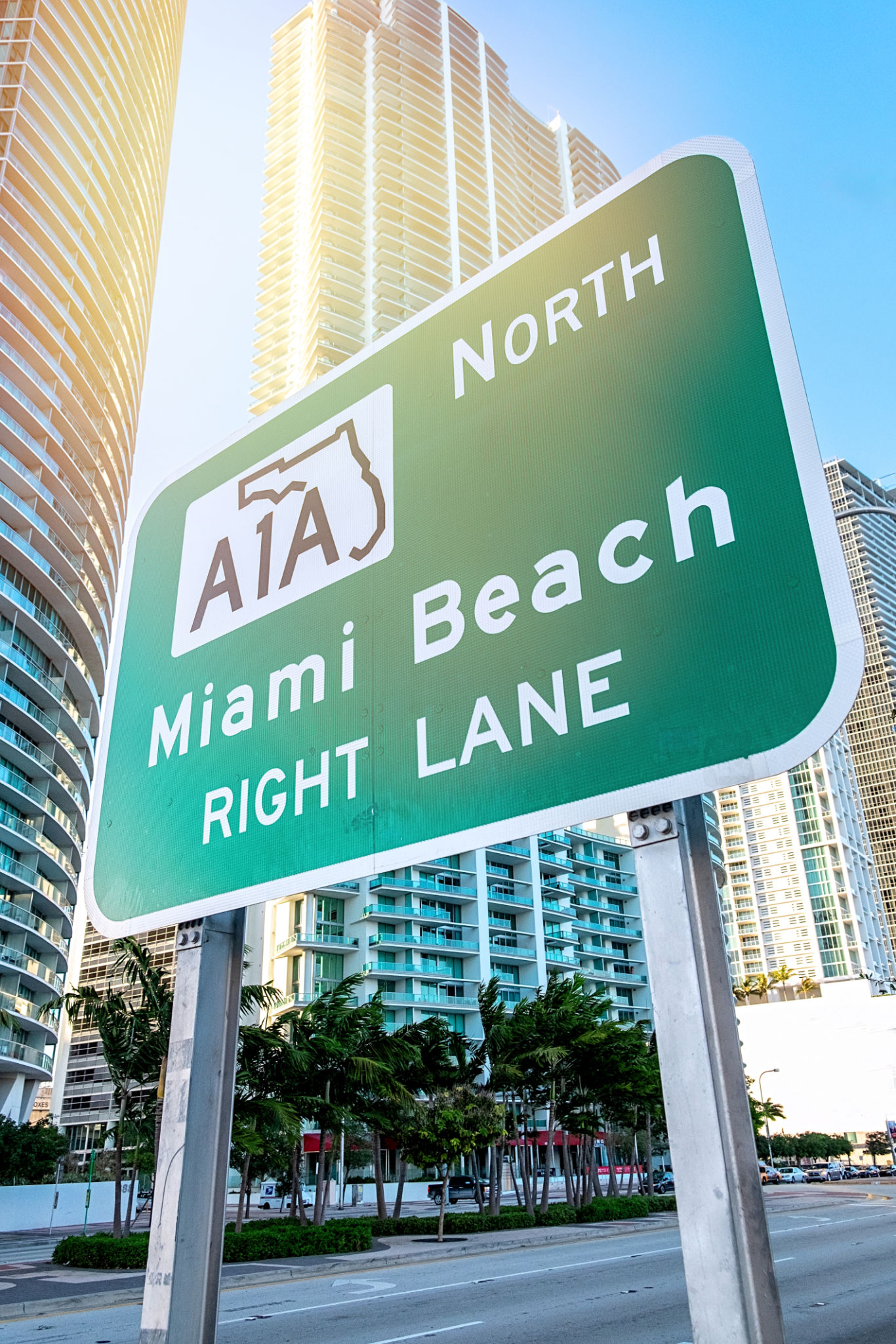The Ultimate Guide to Certified Translations in Miami
Understanding Certified Translations
In today’s globalized world, accurate communication across languages is essential for both personal and professional interactions. In Miami, a city that thrives on its cultural diversity, the need for certified translations is more prominent than ever. But what exactly is a certified translation, and why is it so important?
A certified translation is a translated document accompanied by a signed statement from the translator or translation company, verifying that the translation is accurate and complete. This certification is crucial for legal documents, ensuring that they are recognized by official entities such as courts and government agencies.

Why You Might Need Certified Translations
There are several scenarios where certified translations are necessary. These include situations involving legal, educational, and immigration documents. Here are some common instances where you might need certified translations:
- Immigration applications
- Legal contracts and agreements
- Academic transcripts and diplomas
- Birth and marriage certificates
Each of these documents requires a high degree of accuracy, as even the smallest error can lead to misunderstandings or legal issues.
Choosing the Right Translation Service in Miami
Selecting the right translation service in Miami is critical to ensure the quality and reliability of your certified translations. When looking for a provider, consider factors such as experience, expertise in specific languages, and the ability to handle various document types.
It’s also beneficial to choose a service with a strong reputation in the community. Local reviews and testimonials can provide insight into the provider's reliability and the quality of their work.

The Certification Process Explained
The certification process for translations involves more than just translating words from one language to another. It includes a meticulous review to ensure that the translation accurately reflects the original document’s intent and meaning. Here’s a brief overview of the process:
- The translator completes the translation of the document.
- The translated document is reviewed for accuracy.
- A certification statement is attached, signed by the translator or agency.
This process ensures that the translation is not only accurate but also legally recognized.

Ensuring Quality and Accuracy
One of the primary concerns with certified translations is maintaining quality and accuracy. Professional translators who are native speakers of both the source and target languages bring a nuanced understanding of cultural and contextual differences, which is crucial for delivering high-quality translations.
Working with an accredited agency can further ensure that your documents meet all necessary standards, reducing the risk of errors and ensuring compliance with legal requirements.
Cost Considerations for Certified Translations
The cost of certified translations can vary depending on several factors, including the complexity of the document, the language pair, and the urgency of the delivery. It's important to obtain quotes from multiple providers to ensure competitive pricing without compromising on quality.
Remember, opting for the cheapest service may not always be the best decision if it means sacrificing accuracy or reliability. Investing in a reputable service can prevent costly errors down the line.
The Importance of Confidentiality
When dealing with sensitive documents, confidentiality is of utmost importance. Reputable translation services in Miami should have robust privacy policies in place to protect your information. Always inquire about their confidentiality measures before entrusting them with your documents.

In conclusion, certified translations play a vital role in ensuring effective communication across languages in Miami’s diverse landscape. By understanding the process, choosing the right provider, and prioritizing quality and confidentiality, you can ensure that your documents are accurately translated and legally recognized.
